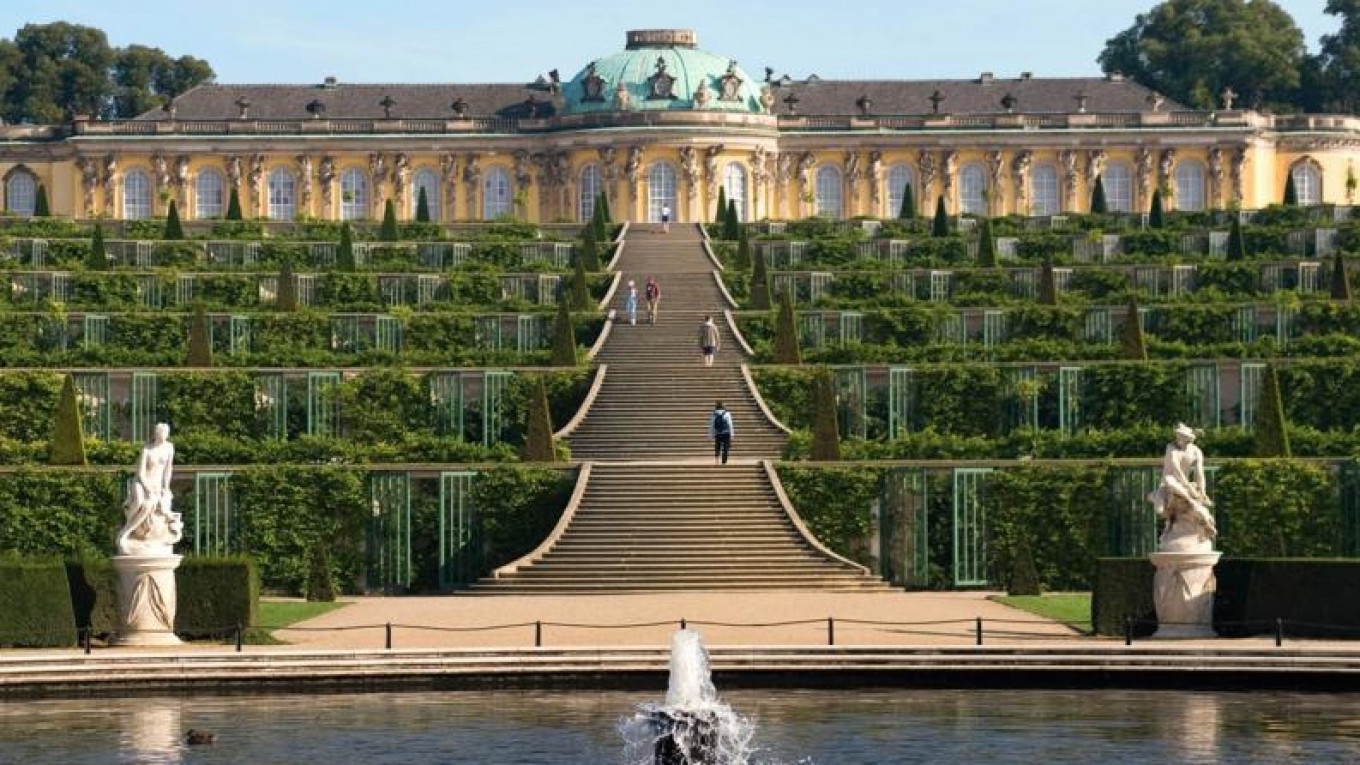Wealthy Russians are ploughing money into the German real estate sector, mostly picking housing and commercial projects in the range of $1-9 million, the Vedomosti business daily said on Jan. 19, citing a survey by the Tranio real estate broker.
Cyprus used to be the foreign haven of choice for keeping money safe outside of Russia. However, the banking crisis on the island in 2012-2013 rattled depositors, who have been looking for an alternative safer haven since.
The details that emerged from Russian claimants in the aftermath of the Cypriot banking crisis highlighted that it was no so much oligarchs that were hiding money in Russia’s favourite offshore haven, as middle class and upper middle class depositors.
The ticket size of the rising German investment suggests it is this same group of people that are still looking for a place to park their savings.
Despite the sanctions against Russia in 2017, Tranio received about 1,600 buying bids in Germany during the last year, 1.5 times higher than in 2016 and 3.3 times more than in 2015.
Both Russian and German brokers in the survey point to a strong increasing trend of wealthy Russian investors, linked to outflow from the post-Brexit UK and the stable non-volatile German property price environment.
These investors follow an emerging trend of Germany becoming a new safe haven for capital.
A study by the PricewaterhouseCoopers cited by the Vedomosti business daily placed Berlin, Munich and Frankfurt within the top five most attractive real estate investment destinations in Europe.
According to Tranio, Russian investors are most active in Berlin, with 63 percent of the surveyed brokers seeing it as the top priority for bids from Russia.
Housing in Berlin remains about 20 percent cheaper than the average of Germany's seven largest cities. Munich follows with 35 percent, attracting investors by high purchasing power and low unemployment among the population.
An average deal from a Russian client is estimated at $1-4 million in the survey.
However, it might pay off to have Russian-speaking staff on the payroll if agents wants to attract bigger deals: 45 percent of Russian-speaking agents in Germany said $3-9 million bids were as frequent versus 27 percent by German brokers.
However, local brokers still control the most lucrative market segments, as 27 percent of German brokers surveyed believe Russians invest in luxury segments of $8-25 million, while only 10 percent of Russian brokers see deals in this category.
About 70 percent of the respondents said Russians transfer funds for deals from Russia, as well as from Switzerland (33 percent), and the UK (27 percent). Investors who are working in English and in the more pricey segments are more likely to keep their money in the United Kingdom, the United States or Dubai.
A Message from The Moscow Times:
Dear readers,
We are facing unprecedented challenges. Russia's Prosecutor General's Office has designated The Moscow Times as an "undesirable" organization, criminalizing our work and putting our staff at risk of prosecution. This follows our earlier unjust labeling as a "foreign agent."
These actions are direct attempts to silence independent journalism in Russia. The authorities claim our work "discredits the decisions of the Russian leadership." We see things differently: we strive to provide accurate, unbiased reporting on Russia.
We, the journalists of The Moscow Times, refuse to be silenced. But to continue our work, we need your help.
Your support, no matter how small, makes a world of difference. If you can, please support us monthly starting from just $2. It's quick to set up, and every contribution makes a significant impact.
By supporting The Moscow Times, you're defending open, independent journalism in the face of repression. Thank you for standing with us.
Remind me later.






